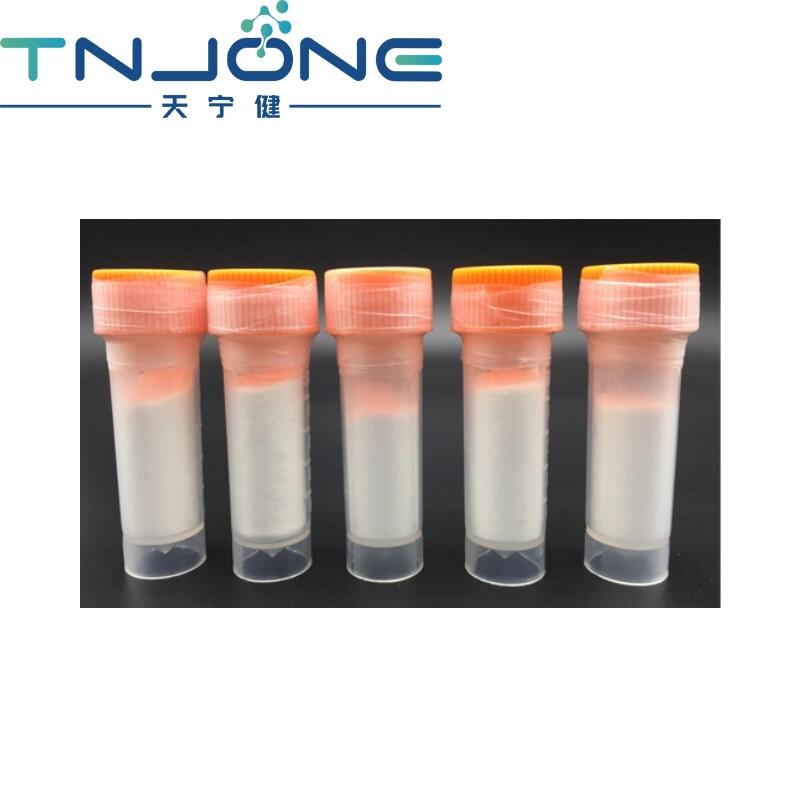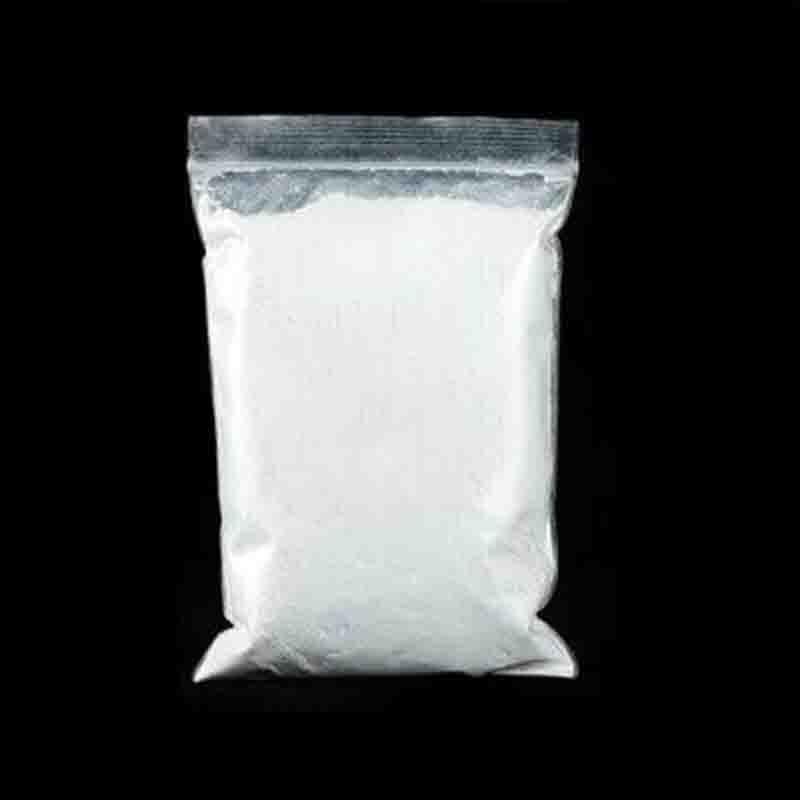-
Categories
-
Pharmaceutical Intermediates
-
Active Pharmaceutical Ingredients
-
Food Additives
- Industrial Coatings
- Agrochemicals
- Dyes and Pigments
- Surfactant
- Flavors and Fragrances
- Chemical Reagents
- Catalyst and Auxiliary
- Natural Products
- Inorganic Chemistry
-
Organic Chemistry
-
Biochemical Engineering
- Analytical Chemistry
-
Cosmetic Ingredient
- Water Treatment Chemical
-
Pharmaceutical Intermediates
Promotion
ECHEMI Mall
Wholesale
Weekly Price
Exhibition
News
-
Trade Service
February 2, 2021 /--- protein changes in the Lamin family can lead to a variety of diseases, called laminopathies.
recently, UB researchers participated in a study that showed that one of the protein (lamin B1) levels changed, leading to the degeneration of different groups of brain neurons in Huntington's disease.
the condition, caused by a mutation in the Huntington gene, manifests it as involuntary movement, cognitive impairment and psychosis, which is currently incurable.
, based on the study published in the journal EMBO molecular medicine, opens up new avenues of treatment for the disease.
studies have shown that the repair of lamin B1 improves cognitive symptoms in genetically modified models of the disease.
(Photo Source: www.pixabay.com) The study relied on researchers from the Institute of Neuroscience (UBNeuro), the Biomedical Research Centre for Neurodegenerative Diseases (CIBERNED) and the Auguste Pij Sanyel Institute for Biomedical Research (IDIBAPS).
the study also included researchers from the Genomics Control Centre (CRG), the University of Pompe fabra, the Waldhebrun Cancer Institute and the University of Cambridge (UK).
levels of lamin B1, a protein found in the nuclei of cells, can lead to autosomal domino genetic white blood cell malnutrition, characterized by motor and cognitive impairments in the central nervous system and demyelination.
study, researchers analyzed the effects of these changes on the physiological, transcriptional and oscic genetic levels of Huntington's disease.
, they focused on post-mortem brain samples and genetically modified mouse models.
addition, the researchers added, we have applied ChIP sequencing technology in collaboration with experts from other research groups.
allows us to analyze how changes in levels in Lamin B1 involve changes in gene transcription.
" later, the researchers provided mice with birch acid, a drug that partially restores lmin B1 levels, to test the effectiveness of mouse models of the disease.
normalization of the protein's levels in the nuclei of neuron populations can reduce motor and cognitive impairment in animals.
, the results suggest that elevated levels of lamin B1 in Huntington's disease contribute to changes in the nucleation of specific neurons in the brain, according to researchers. "Until now, we don't know that this protein change is related to Huntington's physiological pathology," said
Pérez-Navarro, who identified the molecular mechanism as an inspiration for the design of new drugs for uncured diseases.
researchers said: "The birch acid used in this study has other effects, so we need to identify specific drugs that are targeted to regulate the level of lamin B1.
" (Bioon.com) Source: Researchers describe molecular mechanism in Huntington's original source: Rafael Alcalá-Vida et al. Neuron type‐specific increase in lamin B1 contributes to nuclear dysfunction in Huntington's disease, EMBO Molecular Medicine (2020). DOI: 10.15252/emmm.202012105







